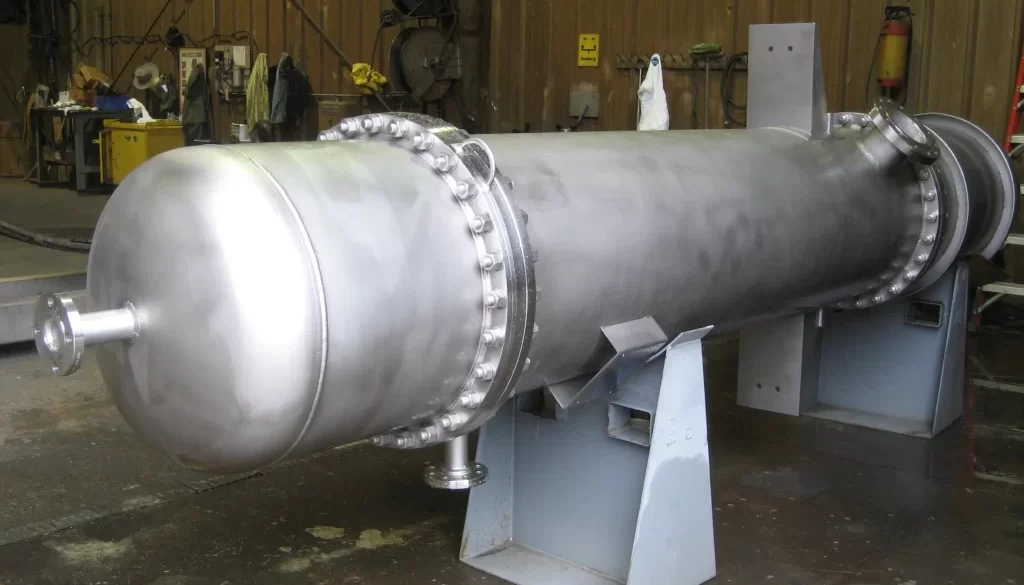The Role of Nickel Alloys in Modern Steel Fabrication
Steel fabrication underpins industries from mining and energy to transport and infrastructure. But while standard carbon steels are versatile, many projects demand materials with enhanced strength, durability, or resistance to extreme conditions. That’s where nickel alloys step in. By introducing nickel into steel and other alloys, fabricators can unlock a range of performance benefits tailored to demanding environments.
Why Nickel?
Nickel is prized in metallurgy for its ability to improve corrosion resistance, toughness, and high-temperature stability. Even relatively small amounts of nickel can dramatically enhance the performance characteristics of steel, making it more suitable for complex fabrication projects.
Key Uses of Nickel Alloys in Steel Fabrication
1. Corrosion-Resistant Components
In industries like oil & gas, chemical processing, and marine engineering, equipment must withstand exposure to corrosive substances such as seawater, acids, and industrial chemicals. Nickel alloys are frequently used for:
-
Storage tanks and piping systems that resist pitting and crevice corrosion.
-
Heat exchangers in chemical plants.
-
Marine structures exposed to saltwater environments.
2. High-Temperature Applications
Nickel alloys retain strength and resist oxidation at elevated temperatures, making them ideal for fabrication in power generation and heavy industry. Common uses include:
-
Furnace components in steelmaking and smelting operations.
-
Gas turbines and boiler parts in power stations.
-
Petrochemical reactors operating under extreme heat.
3. Structural Strength & Toughness
When incorporated into structural steels, nickel improves impact resistance and ductility, particularly at low temperatures. This makes nickel-bearing steels a preferred choice for:
-
Bridges and offshore platforms where both strength and resilience are critical.
-
Cryogenic storage tanks for LNG (liquefied natural gas).
-
Heavy-duty mining equipment subject to extreme wear and tear.
4. Fabrication Efficiency & Weldability
Nickel alloys not only deliver enhanced performance but also respond well during the fabrication process itself. Their good weldability and formability allow fabricators to create complex shapes and assemblies without compromising material integrity. This makes them useful for:
-
Custom-engineered components with intricate designs.
-
Pressure vessels requiring precision welding.
-
Specialty fasteners and fittings in critical infrastructure.
The Bottom Line
Nickel alloys play a vital role in pushing the boundaries of steel fabrication. From resisting corrosion in harsh environments to maintaining strength under extreme temperatures, their applications are vast and growing. For industries that demand safety, longevity, and reliability, nickel-containing steels and alloys are not just an option—they’re often the only viable choice.




